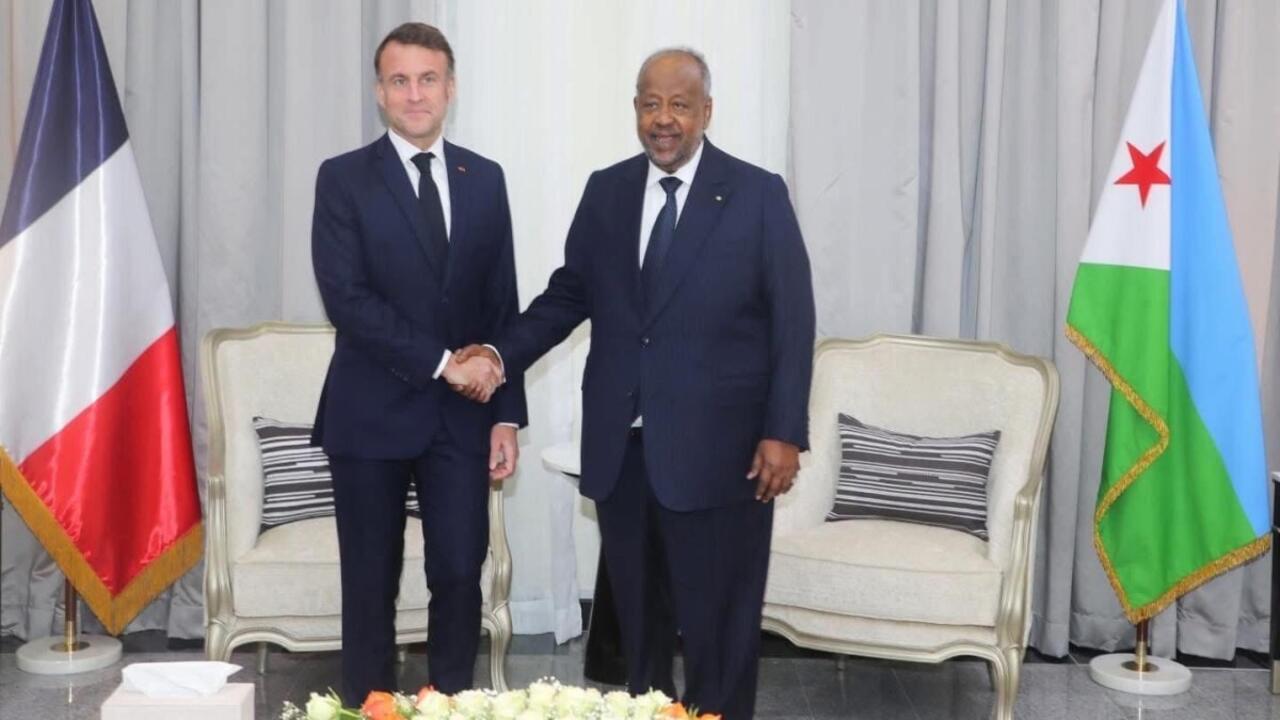By Yiğit Saner
French President Emmanuel Macron’s recent visit to Djibouti and Ethiopia has raised many questions about the real objectives Paris hopes to achieve in the Horn of Africa. This visit coincided with a significant decline in French influence in several Sahel countries, including key nations such as Mali, Niger, and Burkina Faso, as well as Chad and Senegal.
On December 20, Macron visited Djibouti, which hosts France’s largest military base in Africa, with 1,500 soldiers stationed there. During his visit, Macron met with Djiboutian President Ismail Omar Guelleh to discuss the situation in the Red Sea region, particularly regarding Somalia.
The French president then traveled to Ethiopia, where he met with his Ethiopian counterpart to discuss ways of strengthening the Ethiopian navy. Macron also emphasized that Ethiopia has the right to access the port of Berbera in Somaliland.
This visit was the result of Türkiye’s efforts to mediate the disputes and tensions between Ethiopia and Somalia, leading to a historic reconciliation agreement between the two countries on December 11, which will provide landlocked Ethiopia with access to the sea.
Many experts believe that the French government is attempting to increase its influence in the Horn of Africa, particularly in countries with access to the Red Sea. France seeks to leverage Türkiye’s success in the reconciliation of Somalia and Ethiopia, aiming to secure another French military base in Somaliland in addition to the major one in Djibouti.
While some experts argue that France is striving to undermine Türkiye’s role in the region, particularly in Somalia, where Türkiye operates the largest foreign military base, “TURKSOM,” which opened on September 30, 2017, the situation remains complex.
Moreover, on February 8, Somalia signed a significant ten-year defense agreement with Türkiye, under which Ankara will defend approximately 3,000 kilometers of Somali coastline, from Kenya to Djibouti, using warships and Turkish soldiers. However, it remains unclear whether this Turkish presence will extend to the Gulf of Aden and Somaliland.
Ankara also maintains strong ties with Ethiopia, having supplied drones to the government of Abiy Ahmed in 2022 to prevent Tigray forces from seizing the capital. Additionally, Türkiye has invested around $3 billion in strategic infrastructure projects in Ethiopia.
As for Djibouti, it has recently attracted significant attention from Türkiye due to its strategic location. On February 19, the defense ministries of both countries signed three cooperation agreements, covering military training, financial cooperation, and the implementation of planned aid. Reports indicate that Türkiye is preparing to open a military logistics base in Djibouti, which occupies a vital location near the Bab al-Mandab Strait.
Türkiye also delivered “Bayraktar TB2” military drones to Djibouti in June 2022, which were showcased for the first time during a military ceremony marking Djibouti’s 45th Independence Day celebration.
While Türkiye is undertaking large-scale projects to ensure stability and security in the Horn of Africa, France is pressuring the Ethiopian government to agree to the expansion of French military presence and is insisting on relocating French troops from Chad and Senegal to its base in Djibouti to strengthen its position in the region. This could significantly hinder Türkiye’s projects, increasing tensions between Ethiopia and Somalia.

















Leave a Reply